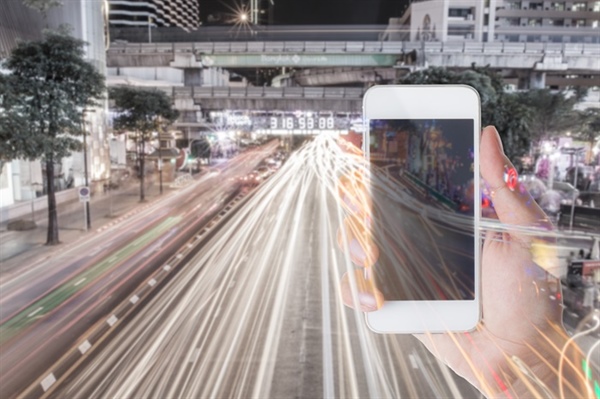Smart Cities: Integrating Technology into Urban Planning

Welcome to the future of urban living!
Smart cities are at the forefront of integrating technology with our daily environments, creating more efficient spaces that are significantly more responsive to our needs.
At Lighthouse Technology Solutions, located in the heart of innovation, we're dedicated to pioneering technology solutions that contribute to these advanced landscapes.
Imagine a city where traffic flows smoothly thanks to intelligent transport systems and where public services are seamlessly managed through connected devices.
As city-dwellers, we understand the importance of developing cities that look to the future and are built with the resilience to thrive amid changing urban demands.
Join our experts as we delve into the intricate dance of technology and urban planning and discover how smart cities set the stage for a smarter, more sustainable future.
What are Smart Cities, and How Do They Improve Urban Life?
Smart cities are urban developments that integrate information and communication technologies (ICT) to manage a city's assets more effectively.
This integration results in enhanced functionality, reduced costs, and improved quality of life.
In smart cities, technology goes beyond infrastructure. It encompasses systems that enhance social connectivity and accessibility, making cities more livable and inclusive.
For instance, digital kiosks provide real-time public transit updates, city news, and free Wi-Fi, bridging information gaps and fostering a more connected community.
These cities prioritize environmental sustainability, using technology to monitor and manage resources efficiently, thus significantly reducing urban centers' carbon footprints.
By focusing on connectivity, sustainability, and efficiency, smart cities enhance the urban experience and pave the way for economic growth and improved public health.
The Role of IoT in Developing Smart Cities
The Internet of Things (IoT) is a key enabler in developing smart cities, providing the necessary infrastructure to connect devices and collect data.
We integrate IoT technologies to create networks of interconnected devices that communicate and analyze data to improve urban services.
For example, IoT sensors can track air quality, noise levels, and water usage in real-time, allowing for immediate responses to environmental challenges.
IoT's role extends to enhancing public safety and traffic management. Connected cameras and sensors can monitor urban areas for safety hazards and optimize traffic flow, reducing congestion and improving emergency response times.
This interconnectedness enhances operational efficiencies and supports the development of new services that can transform urban living and make cities more adaptive and resilient.
Lighthouse Technology Solutions is at the forefront of integrating IoT into urban planning, ensuring that smart city infrastructures are interconnected, secure, and scalable.
This allows for continuous improvement and adaptation to the evolving needs of urban environments.
How Data Analytics is Shaping the Future of Urban Planning
Data analytics plays a crucial role in shaping the future of urban planning by turning raw data into actionable insights.
Using data analytics, you can optimize everything from traffic patterns to energy distribution, significantly reducing operational costs and enhancing the efficiency of urban services.
Predictive analytics can also forecast potential congestion points and identify areas at risk of environmental degradation, allowing cities to proactively manage these issues before they escalate.
Through our expertise in data analytics, Lighthouse Technology Solutions helps cities become more predictive rather than merely reactive. This proactive approach enhances the efficiency of city operations and improves the quality of life for its residents by creating more sustainable and well-planned urban environments.
Challenges in Building Smart Cities and Strategies to Overcome Them
While the benefits of smart cities are immense, the challenges are equally significant. One of the biggest hurdles is ensuring the interoperability of different technologies to create a cohesive smart city ecosystem.
Applying robust cybersecurity measures to protect data and infrastructure from cyber threats ensures that residents' privacy is always safeguarded. Additionally, it advocates for standards and frameworks that promote compatibility between different technologies and platforms.
By working closely with technology providers and municipal governments, we foster an environment of collaboration that is essential for the successful implementation of smart city projects.
Addressing these challenges contributes to building smart cities and ensures their sustainability and resilience in the face of evolving technological landscapes.
How Lighthouse Technology Solutions Can Help Enhance Smart City Initiatives
At Lighthouse Technology Solutions, we understand smart cities' complexities and transformative potential.
Whether we deploy custom business phone systems or implement cutting-edge Wi-Fi connections, our services are designed to make cities smarter and more efficient.
We also specialize in tailoring solutions to meet our client's specific needs and challenges, ensuring that each project's unique requirements are met with precision and expertise.
To discuss your project with our experts, please reach out to us at 612-345-9177 or send us a message online.